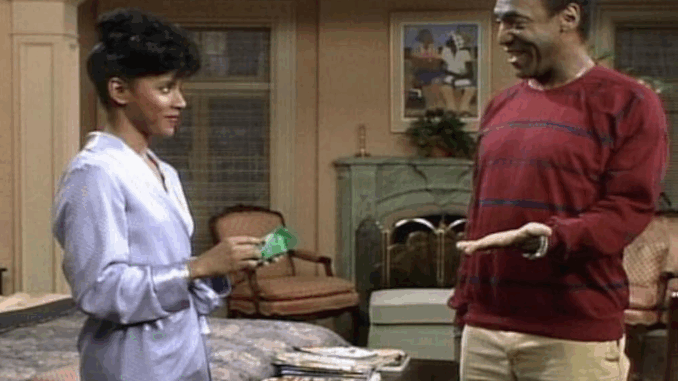
When The Cosby Show first aired in 1984, few could predict the seismic shift it would cause in American television. Blending humor, intelligence, and social consciousness, the sitcom not only dominated the ratings for years but also challenged entrenched racial stereotypes and redefined how Black families were portrayed on screen.
A Fresh, Uplifting Narrative
At the heart of The Cosby Show was something refreshingly simple yet profoundly impactful: a functional, loving, successful Black family. The Huxtables — led by Cliff, a wisecracking doctor, and Clair, a no-nonsense attorney — represented a version of African American life rarely seen on primetime television. They weren’t caricatures or tokens. They were aspirational yet relatable, humorous yet deeply human.
For millions of viewers, this was more than entertainment. It was validation.
More Than Just Comedy
While the show delivered laughs in abundance, it also offered life lessons. Episodes tackled complex issues such as learning disabilities, peer pressure, parenting challenges, and the value of education. The humor never undercut the message — instead, it made the message more accessible.
What made these moments powerful was the show’s refusal to be preachy. It respected its audience enough to trust that laughter and empathy could coexist.
Cultural Pride in Every Frame
Beyond its storytelling, The Cosby Show was a celebration of Black culture and excellence. From the jazz and funk soundtrack to the African-American art on the Huxtables’ walls, the show quietly but powerfully inserted cultural pride into every episode. It was a love letter to Black history and identity — without needing to shout.
It also highlighted historically Black colleges and universities (HBCUs), influencing real-world enrollment. This would lead to the successful spin-off A Different World, which carried on the show’s legacy of empowerment and representation.
A Complicated Legacy
There’s no denying the legacy of The Cosby Show is now clouded by the real-life actions of its star. It’s a painful irony: the man who brought a positive Black father figure to millions later faced widespread condemnation and legal consequences.
Still, for many, the show remains a cultural touchstone — one that transcends its creator. It belongs to the writers, the cast, and the generation it inspired.
Conclusion: A Sitcom That Shaped a Generation
Whether you’re rewatching it today or discovering it for the first time, The Cosby Show remains a landmark in TV history. It broke barriers without making noise, taught lessons without preaching, and made history while making us laugh.
In a media landscape still struggling with diversity and inclusion, The Cosby Show is both a reminder of how far we’ve come — and how much further we still need to go.